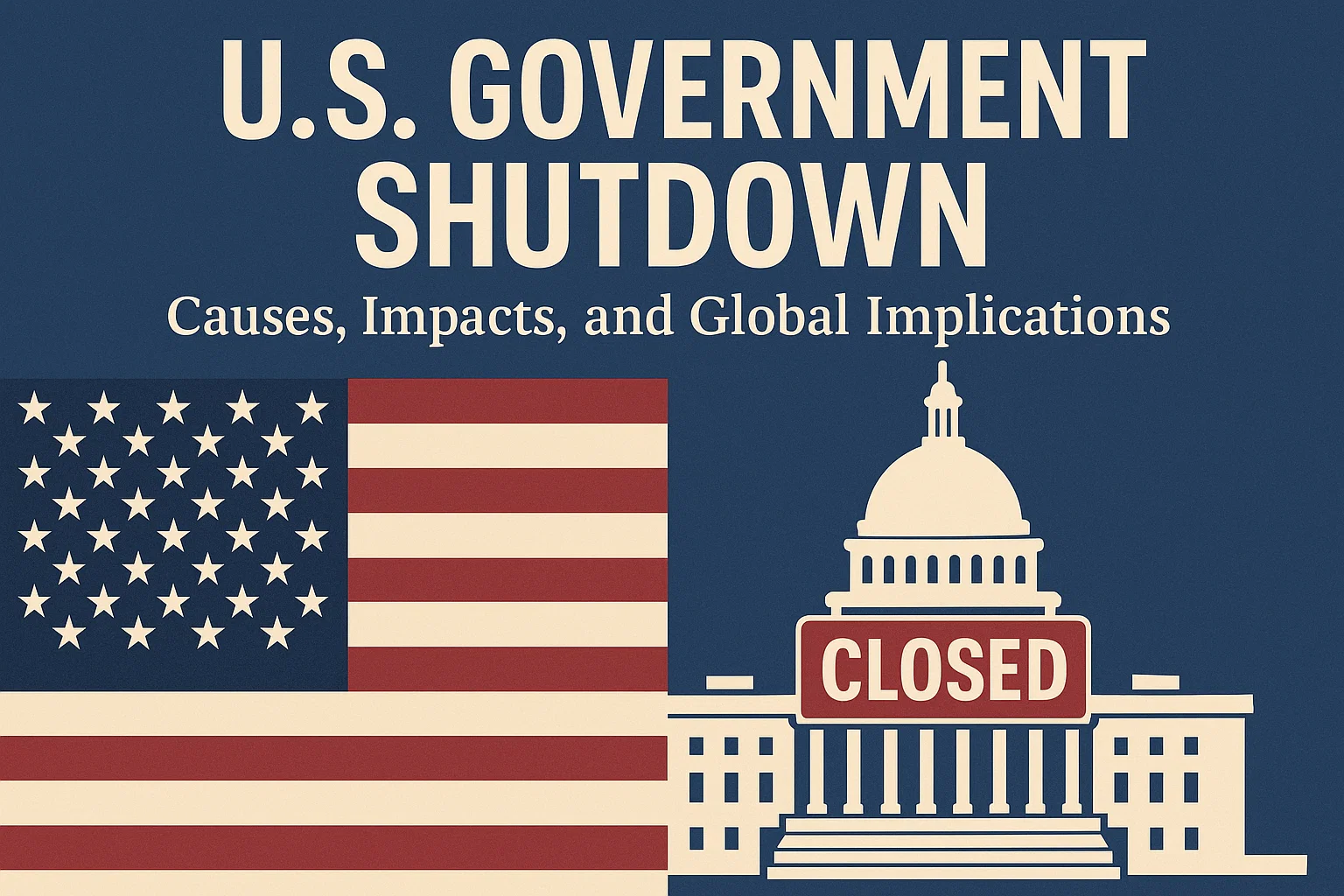Font size:
Print
Pakistan–Turkey Nexus: A Growing Threat to India’s Strategic Interests
Pakistan–Turkey Nexus: India’s Bold Response to a Rising Alliance
Context:
The evolving Pakistan–Turkey military nexus, symbolised recently by the use of Turkish drones in Pakistani attacks on India, reflects deeper ideological, geopolitical, and defence collaborations between the two nations. This development has compelled India to recalibrate its strategic partnerships to counterbalance this growing alliance, which poses a serious security and diplomatic challenge.
Genesis of the Pakistan–Turkey Relationship
- Historical roots in Cold War alliances: Both nations were part of CENTO and RCD, supporting each other in international forums.
- Cyprus issue cemented ties: Pakistan backed Turkey during the Cyprus crisis (1974) and pledged military support during crises in 1964 and 1971.
- Recognition of Northern Cyprus: Pakistan was the first to indicate recognition if Turkish Cyprus declared independence.
Key Areas of Convergence
- Ideological Convergence: Rise of Political Islam
-
-
- Under Recep Tayyip Erdogan’s leadership (since 2003), Turkey has leaned towards political Islam.
- Erdogan’s ambition to lead the Ummah (Islamic world) is aligned with Pakistan’s Islamic ideological base.
- This bond was evident in the Kuala Lumpur Summit (2019), which aimed to challenge Saudi-led Islamic leadership — a move supported by Pakistan, Turkey, Qatar, and Malaysia.
-
- Geopolitical Interests and the Islamic Bloc
IMEC and Turkey’s Strategic Exclusion
- The India–Middle East–Europe Economic Corridor (IMEC) bypasses Turkey.
- Turkey promotes its rival project — the Iraq Development Road.
- This bypass weakens Turkey’s long-held identity as the bridge between Asia and Europe.
- OIC positioning: Turkey backs Pakistan on Kashmir to strengthen its status in the Organisation of Islamic Cooperation (OIC).
- Erdogan’s remarks on Kashmir in February 2025 and previous years affirm unwavering support.
- Turkey seeks to emerge as a counterweight to Saudi-Emirati dominance by aligning with non-Gulf Muslim states like Pakistan and Malaysia.
- Turkey’s Expanding Footprint in the IOR
- The military base in Somalia (2017) reflects Turkish interest in the Indian Ocean.
- Drones sold to Maldives (2024).
- Strategic alignment with Pakistan’s navy, avoiding exercises with India.
Key Areas of Collaboration
- Defence Cooperation: A Strategic Pillar
-
-
- Turkey is Pakistan’s second-largest arms supplier after China.
- Turkish defence exports to Pakistan include:
- Asisguard Songar drones (used in recent attacks on India)
- Bayraktar TB2 drones and Kemankes cruise missiles
- Upgradation of F-16s under a $75 million deal
- Targeting pods and electronic warfare systems for JF-17s
- Joint UAV development through a 2023 Baykar-National Aerospace partnership
- Turkish defence exports to Pakistan include:
- Naval Cooperation:
- $1 billion deal for MILGEM-class corvettes
- Mid-life upgrades of Agosta 90B submarines by Turkish STM Defence
- Regular joint naval exercises in the Indian Ocean Region (IOR)
- Turkey is Pakistan’s second-largest arms supplier after China.
-
- Economic and Trade Ties
-
- Bilateral trade at $1 billion (2024), aimed at reaching $5 billion.
- Exports from Turkey: machinery, textiles
- Imports from Pakistan: agricultural products, leather goods
India’s Strategic Response
- Diplomatic Realignments
-
-
- Support to Greece and Cyprus:
- India supports the Republic of Cyprus (backed by Greece), countering Turkey’s stance on Northern Cyprus.
- Greece reciprocates by backing India’s position on Kashmir.
- India-Greece Strategic Partnership Agreement (2020):
- Focus on defence, trade, shipping, and labour mobility.
- Greece is a gateway to the European Union and a naval counterweight to Turkey in the Eastern Mediterranean.
- Support to Greece and Cyprus:
-
- Military Support to Armenia
-
-
- India became Armenia’s top arms supplier in 2024, surpassing Russia.
- Armenia is in conflict with Azerbaijan, backed by both Turkey and Pakistan.
- India’s support here directly counters the Turkey-Pakistan-Azerbaijan trilateral grouping.
-
- Countering the Narratives: Operation Dost and Its Limits
-
- India provided massive humanitarian assistance to Turkey after the 2023 earthquake through Operation Dost:
- Sent 5 IAF C-17 aircraft, 135 tons of relief, and 250 personnel.
- Despite this goodwill, Turkey’s hostile rhetoric on Kashmir and military support to Pakistan remained unchanged.
- India provided massive humanitarian assistance to Turkey after the 2023 earthquake through Operation Dost:
Impact on India’s Security and Diplomacy
- Turkish drones used in Pakistani attacks (2025) signal a direct military threat.
- Turkey’s backing of Pakistan in multilateral forums like the OIC undermines India’s diplomatic standing.
- India must continue strengthening alliances in Europe (Greece, Cyprus, Armenia) and the Gulf (UAE, Saudi Arabia).


